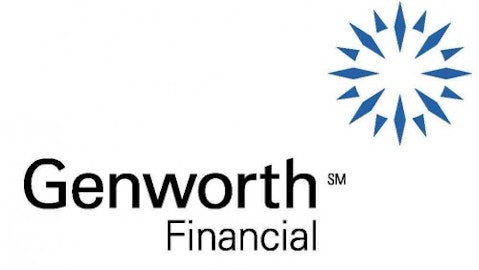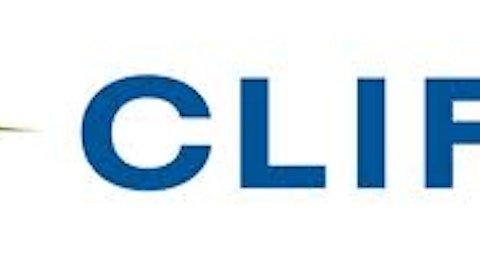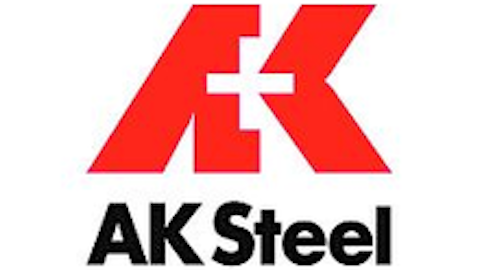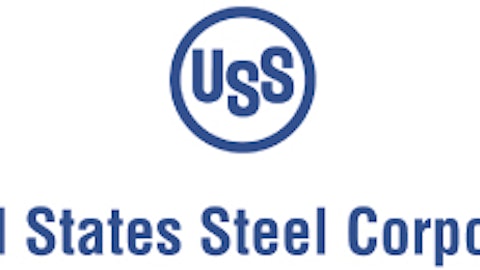The S&P 500 has soared in the past four years, leading many to fear that the index is long overdue for a major correction. In times of trouble, value investors often look to stocks that trade at low valuations compared with their peers to provide a margin of safety from a potential downturn.
Yet judging stocks on a single valuation metric can lead to misleading conclusions that can prove costly. Today, let’s take a look at some of the least expensive stocks in the S&P on a price-to-book value basis, with an eye toward understanding why book value might not be the best way to judge whether these stocks are truly cheap.
The cheapest stocks in the S&P
On a book-value basis, financial stocks have had low book values for a long time. Genworth Financial Inc (NYSE:GNW) trades at just one-third of book value, while plenty of other insurance companies and banks offer price-to-book ratios of between 0.5 and 0.75. Yet during the financial crisis, investors learned just how inaccurate book values were. Massive writedowns of toxic assets proved necessary to reflect the actual value of those assets, and as a result, price-to-book ratios temporarily soared even as stock prices plunged.
The big question going forward is whether the assets on financial-company balance sheets are now properly valued. Genworth Financial Inc (NYSE:GNW), for instance, still has potential mortgage-guarantee liability, and although the housing market has improved, Genworth Financial Inc (NYSE:GNW)’s low price-to-book reflects skepticism that book value is appropriate for its assets.
Steeling yourself for further declines?
A similar argument exists for other low-price-to-book stocks, including Cliffs Natural Resources Inc (NYSE:CLF), Alcoa Inc (NYSE:AA), and United States Steel Corporation (NYSE:X). Each of these three companies has a highly capital-intensive business involved in processing raw materials and producing either ingredients for fabricated metal production or the metals themselves. When you look at their balance sheets, all of these companies have substantial amounts of assets locked up in plants and equipment, much of which hasn’t been subject to depreciation yet.
Yet for these companies, the value of those plants might be far less than what they’re carrying on the books. Cliffs Natural Resources Inc (NYSE:CLF) and Alcoa Inc (NYSE:AA) have both had to idle some of their production facilities recently, while U.S. Steel has had some of its furnaces remain idle for years. Low price-to-book ratios reflect the belief among investors that those closures will persist for quite a while, making the true value of those production facilities far less than what the companies are carrying on their books.
Look beyond the book
Book value can be a useful metric, but it doesn’t necessarily reflect economic reality. Only by understanding the challenges facing each company can you truly decide whether book value is reflecting of intrinsic value — and therefore whether you should see stocks with low price-to-book ratios as actually being smart stock bargains.
Cliffs Natural Resources Inc (NYSE:CLF) has grown from a domestic iron ore producer into an international player in both the iron ore and metallurgical coal markets. It has also underwhelmed investors lately, especially after its dramatic 76% dividend cut in February.
The article Why the Cheapest Stocks in the S&P Aren’t Necessarily Great Values originally appeared on Fool.com.
Fool contributor Dan Caplinger has no position in any stocks mentioned. You can follow him on Twitter: @DanCaplinger. The Motley Fool has no position in any of the stocks mentioned.
Copyright © 1995 – 2013 The Motley Fool, LLC. All rights reserved. The Motley Fool has a disclosure policy.






